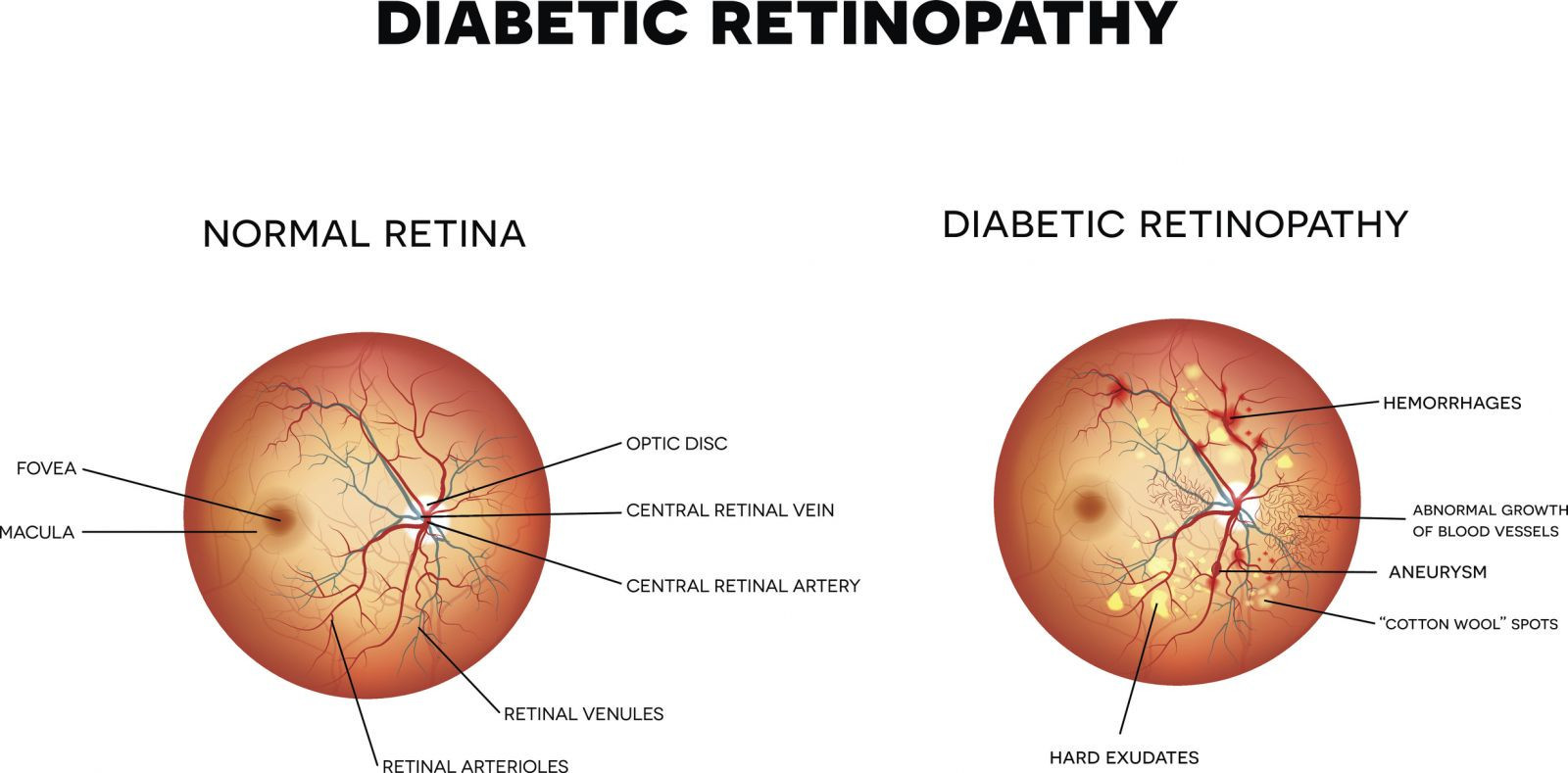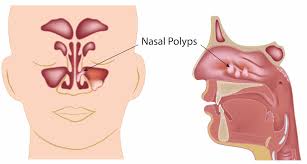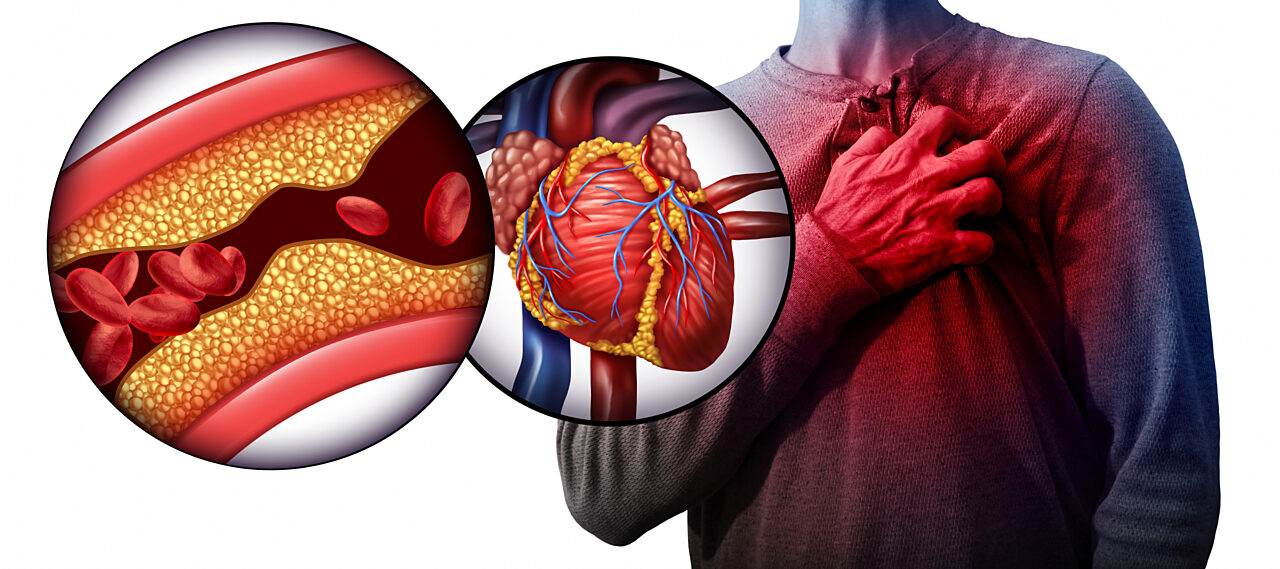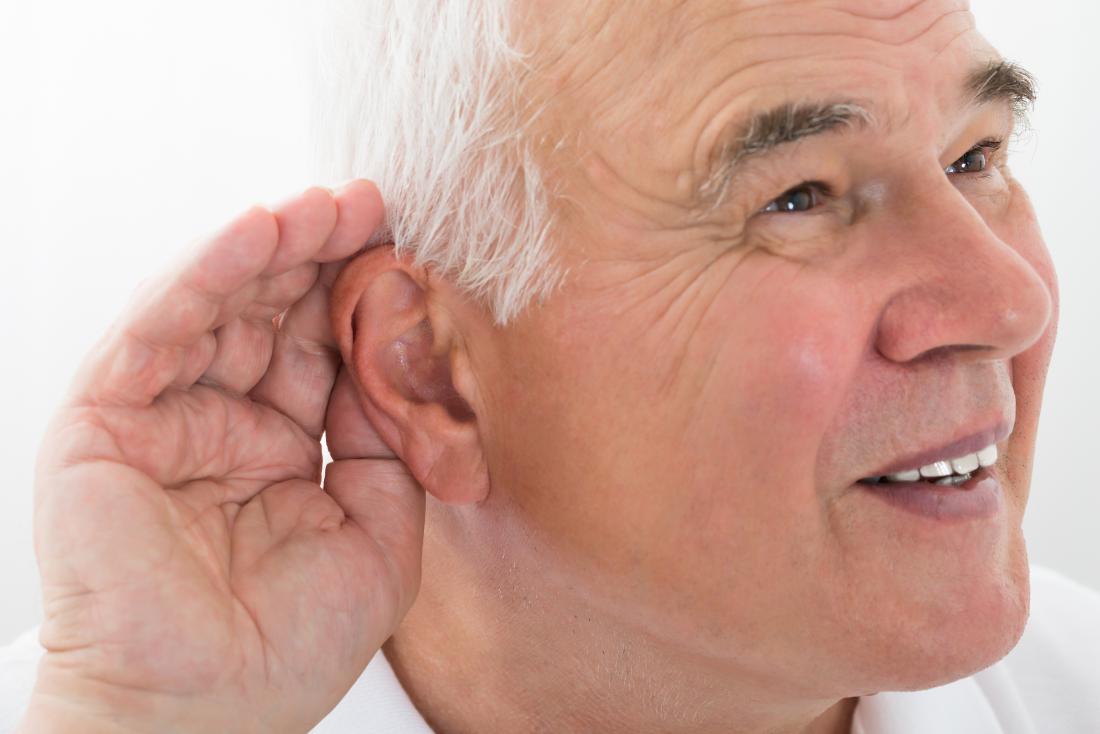Vertigo and its Treatment in Homeopathy
Vertigo is the sensation of spinning or dizziness, where a person feels like they or their surroundings are moving when they are not. It is a common symptom of various conditions, and can vary in intensity and duration. There are several types, causes, symptoms, and treatment approaches to vertigo, including homeopathy.
Types of Vertigo:
1. Peripheral Vertigo
- Cause: Peripheral vertigo originates in the inner ear or vestibular nerve, which is responsible for balance.
- Common Causes:
- Benign Paroxysmal Positional Vertigo (BPPV): Displacement of calcium crystals in the inner ear.
- Meniere's Disease: Fluid buildup in the inner ear, affecting both hearing and balance.
- Vestibular Neuritis or Labyrinthitis: Inflammation of the vestibular nerve or inner ear, often due to a viral infection.
- Symptoms: Sudden episodes of vertigo, often triggered by certain head movements or changes in position. Nausea and vomiting may accompany the dizziness.
- Duration: Episodes tend to be short (seconds to minutes for BPPV) but can vary depending on the cause.
2. Central Vertigo
- Cause: Central vertigo originates in the brain, particularly the brainstem or cerebellum, which control balance and coordination.
- Common Causes:
- Stroke: Disruption of blood flow to the brain.
- Multiple Sclerosis (MS): Damage to the brain and spinal cord affecting balance.
- Brain Tumors: Tumors in areas responsible for balance.
- Migraines: Vestibular migraines can cause vertigo.
- Symptoms: Vertigo may be more persistent and often comes with other neurological symptoms such as weakness, double vision, difficulty speaking, or coordination issues.
- Duration: Can last longer than peripheral vertigo, depending on the underlying cause.

Causes of Vertigo:
- Inner ear issues: BPPV, Meniere's disease, labyrinthitis, vestibular neuritis.
- Neurological causes: Stroke, brain tumors, or multiple sclerosis.
- Infections: Viral or bacterial infections that affect the inner ear or brain.
- Head or neck injury: Trauma can affect the inner ear or brain’s vestibular system.
- Medications: Some medications can cause dizziness or vertigo as side effects.
- Dehydration or low blood pressure: Can cause lightheadedness and dizziness.
- Migraines: Can also trigger vertigo, known as vestibular migraine.

Symptoms of Vertigo:
- A spinning or swaying sensation.
- Loss of balance or unsteadiness.
- Nausea or vomiting (common with severe vertigo).
- Tinnitus (ringing in the ear), hearing loss (in some types).
- A feeling of fullness or pressure in the ear (in conditions like Meniere's disease).
- Difficulty walking or standing, especially during an episode.

Side Effects of Vertigo:
Vertigo itself typically does not have direct "side effects," but the symptoms and the underlying conditions causing vertigo can lead to various secondary effects. These can impact a person's daily life and overall health. Here are some potential side effects or complications associated with vertigo:
1. Nausea and Vomiting
- Cause: Vertigo often leads to a feeling of motion sickness, which can cause nausea and vomiting.
- Impact: This can lead to dehydration, electrolyte imbalances, and fatigue, especially if vomiting is frequent.
2. Loss of Balance and Unsteadiness
- Cause: The primary symptom of vertigo is dizziness, which makes it difficult for individuals to maintain their balance.
- Impact: This increases the risk of falling, especially in elderly individuals, leading to injuries such as fractures or sprains.
3. Fatigue and Weakness
- Cause: The effort to maintain balance or cope with dizziness can lead to physical exhaustion.
- Impact: This can affect daily activities, reduce physical activity, and result in feelings of weakness or lethargy.
4. Difficulty Concentrating
- Cause: The spinning or dizziness can interfere with concentration and cognitive function.
- Impact: This may affect work, studies, and the ability to perform simple tasks, leading to reduced productivity and quality of life.
5. Anxiety and Stress
- Cause: Constant or recurring vertigo can lead to anxiety, particularly due to the fear of an episode happening in public or in a potentially dangerous situation (like while driving).
- Impact: This can lead to social isolation, avoidance of certain activities, and increased mental health stress.
6. Dehydration
- Cause: Severe vertigo with nausea and vomiting can prevent proper fluid intake, leading to dehydration.
- Impact: Dehydration can exacerbate the symptoms of vertigo and lead to additional complications like headaches and confusion.
7. Impact on Vision
- Cause: Vertigo can sometimes cause visual disturbances, such as blurred vision or difficulty focusing, especially when the vertigo is severe.
- Impact: Difficulty in seeing clearly can further impair balance and increase the risk of accidents.
8. Tinnitus or Hearing Loss (Specific Conditions)
- Cause: Conditions like Meniere's disease, which causes vertigo, are often accompanied by tinnitus (ringing in the ears) or hearing loss.
- Impact: This can lead to permanent hearing impairment if not properly managed.
9. Social and Occupational Impairment
- Cause: Chronic or frequent vertigo episodes can severely affect a person's social life and ability to perform in the workplace or in daily activities.
- Impact: This may lead to missed work, social isolation, and diminished quality of life.
10. Increased Risk of Stroke or Heart Issues (Rare)
- Cause: In rare cases, vertigo may be a symptom of a more serious underlying issue like a stroke, transient ischemic attack (TIA), or heart conditions.
- Impact: If vertigo is linked to such serious conditions, the individual may be at risk of more severe complications like brain damage, permanent disability, or even death.
11. Medication Side Effects (When Treating Vertigo)
- Cause: Some medications used to treat vertigo (e.g., anti-vertigo medications, antihistamines, or sedatives) may cause side effects like drowsiness, dry mouth, blurred vision, or confusion.
- Impact: This can make the individual more prone to accidents and falls, especially if medications impair alertness.
12. Cognitive Dysfunction or Memory Issues (Long-Term Vertigo)
- Cause: In some long-term or chronic cases of vertigo (especially when linked to neurological conditions), cognitive problems such as memory impairment, confusion, or brain fog can occur.
- Impact: This can further reduce the individual’s ability to function in daily life.
Prevention of Vertigo:
- Vestibular rehabilitation exercises: Helps strengthen the balance system.
- Avoid head movements that trigger symptoms: In cases like BPPV, avoiding certain head positions can help.
- Hydration: Maintaining proper hydration helps avoid dehydration-related dizziness.
- Manage stress and anxiety: Stress can trigger episodes of vertigo.
- Dietary adjustments: In cases of Meniere's disease, reducing salt intake can help prevent fluid buildup in the ear.
- Avoiding alcohol or medications that cause dizziness.
Treatment in Homeopathy:
Individualized homeopathic treatments are prescribed according to the particular symptoms and underlying reasons. Homeopathic treatments for vertigo include the following:
1. Cocculus Indicus:
- For vertigo caused by motion, especially in people who feel nauseous or dizzy when moving.
- Common for those who experience vertigo after long travel or sleep deprivation.

2. Belladonna:
- For sudden, intense vertigo with a feeling of heat and throbbing head pain.
- Common in cases of vertigo associated with fever or inflammation.
3. Gelsemium:
- For vertigo that is accompanied by weakness, droopy eyes, and dizziness, especially in stressful situations.
- Often used when vertigo is triggered by emotional stress or fear.
4. Lycopodium:
- For vertigo with digestive issues, such as bloating and indigestion.
- It’s also helpful for people with a fear of crowds or public speaking.
5. Natrum Muriaticum:
- For vertigo triggered by grief or emotional stress.
- May also help with the sensation of fullness in the ears.
6. Pulsatilla:
- For vertigo that is variable and changeable, often seen in women.
- Used when vertigo worsens in warm rooms and improves with fresh air.

7. Phosphorus:
- For vertigo with a sensation of being detached from the surroundings, often with nausea.
- Can be used when vertigo occurs with sensitivity to light and noise.
Conclusions:
Homeopathic remedies are very personalized, and the most effective therapy for an individual case of vertigo relies on the patient's constitutional state, medical history, and the details of their symptoms. A qualified homeopath should be consulted in order to receive a remedy that is appropriate for your requirements. Homeopathic treatments should not be viewed as a substitute for traditional medical care, but rather as an addition.
A healthcare provider should be consulted if vertigo is severe or frequent in order to identify the underlying cause and select the best course of action.
Regards: Dr Naveed Shahzad











